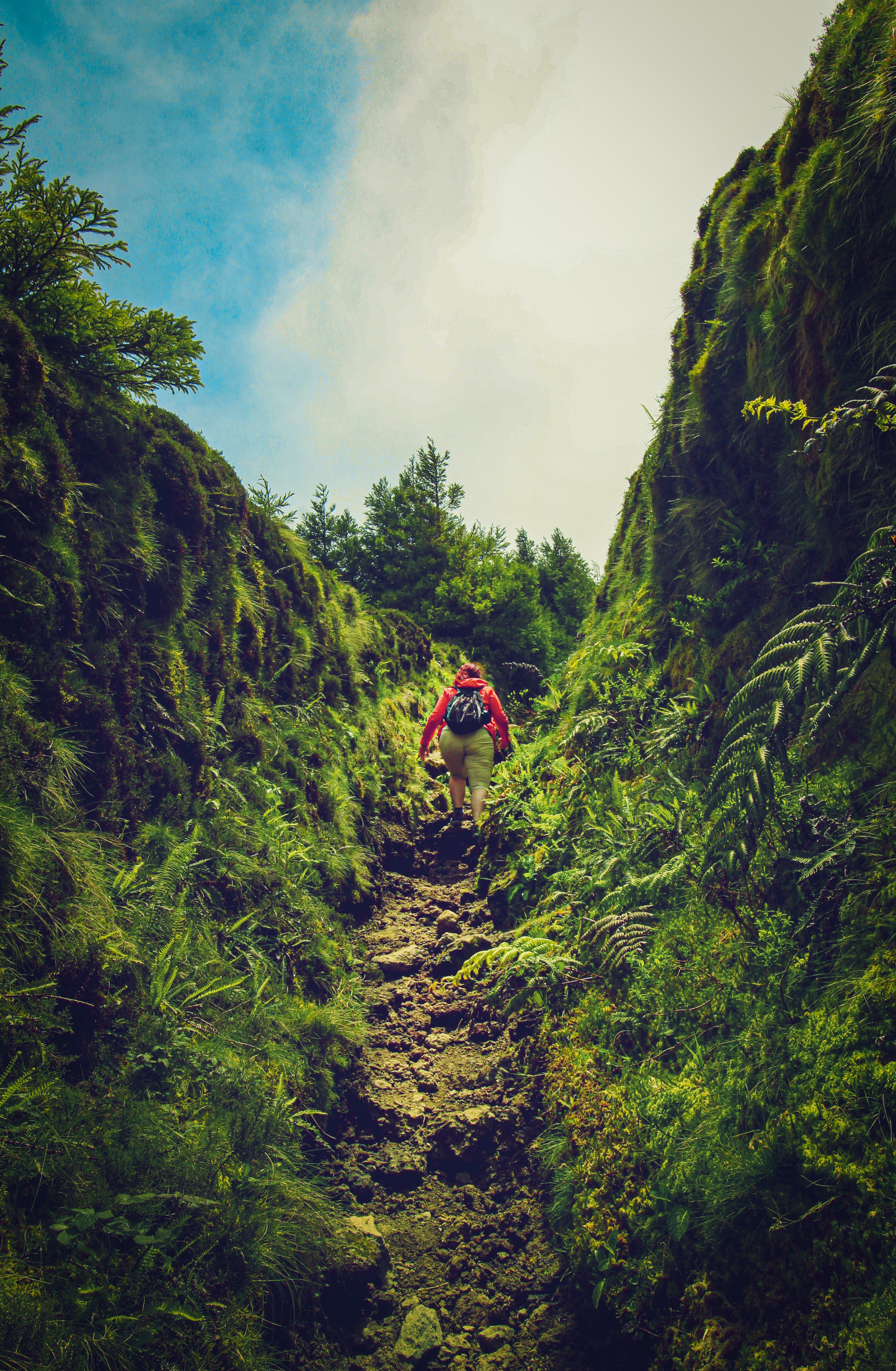- Home
- The Littlbug Blog
- Best Backpacking Tips to Gain Skills
Recent Posts
Best Backpacking Tips to Gain Skills
Posted by on
It might be safe to assume that if you’re reading this blog, you have been thinking about taking up backpacking as a new hobby, or are at least on the fence about giving it a shot, but you may still have some trepidations. Maybe you are worried about your own personal skill level, and feeling like it may be beyond your reach. We understand this, but we also know how rewarding it is to feel yourself grow into a new and exciting venture! So read on and let us persuade you!

Have you ever heard the expression, “Rome wasn’t built in a day”? This rings true for ANY new hobby you take on, and backpacking is no different. Remember that this is something you are doing for yourself. There is no need to put an unattainable expectation on yourself! Allow yourself the time to grow into it and hone your skills. That being said, start small. Just about everywhere has places in a reasonable distance that you can go to for a day hike. These trails are a great place to not only get a good feel for walking on natural terrain, but to also begin to build up your stamina. What’s that other old cliche?? One step at a time? The thing about cliches is that more often than not, they are right on the money!
While it may not necessarily be a skill, an important tip that everyone should be aware of is to stay hydrated. We cannot stress enough how important it is to carry an adequate amount of water with you. If you’ve already been building up your stamina for a few weeks or months, and are pushing for greater distances, you may want to consider investing in a water filter so you are able to always have water without loading you down with multiple water bottles. It really is a shame how many people give up on backpacking due to dehydration when the fix is so simple. It’s a lot of work to be marching through the woods! You need to make sure your body has enough water to handle it to keep your stamina up. Sometimes the solutions to these issues are so simple that we don’t even realize it!
While we’re on the topic of nourishing your body. Even day hikes are the perfect time to practice some trail cooking. Just because you’re not doing an overnight hike (yet) doesn’t mean you can’t prepare lunch for yourself! If you want to build up to an overnight, learning how to cook on the trail is essential. We think the perfect tool is our Littlbug Junior. Small and lightweight, the Littlbug Junior is such a great way to make yourself a hot lunch. While it can be run on alcohol, you can also use sticks and twigs found on the trail! So skip the sandwich, and brush up on your rustic culinary skills!
So let’s fast forward a bit. You’ve been building up your stamina, you’ve become a pro at keeping yourself hydrated. And you are now the Gordon Ramsey of stick stove cooking. You’re ready for your first overnight!
ith your first overnight comes the realization that you will need to pack more than just water and some food and cooking essentials. Believe it or not, packing your backpack is in fact a skill! How you load your backpack can affect your experience. If packed incorrectly, you can strain your back or your hips, and we don’t want these types of injuries to end your new found hobby! So where to start?
Load balance. Placement of items is essential. Bulky or heavy items should be packed on the bottom of your pack, and in the space running up your pack that will be touching your back. While your lighter items should be placed closer to the top. As an example: You’re bringing a tent, a sleeping bag, water, a container of food, your layers of clothing, as well as some lightweight tools you may need. Towards the bottom of the bag, you would want to start with your tent and sleeping bag. These items are bulky and can be heavy depending on what you have. They are also not going to be used at all until you’re ready to set up camp. So it’s really a double win placing these two items together at the bottom. On top of that, your food container, and your portable stove. If you’re only going to be on an overnight, it may not be too heavy, but it is bulky. Placing it towards the upper portion of the bottom will help stabilize your pack. On the same level, against the part of the pack touching your back, is a great place to store your water. It will help lock your food container into place, while making sure the weight is distributed in a way that won't strain your back. On top of your food and water layer, you can place your clothing, and on top of that your lightest items (maps, compass, perhaps a couple strips of beef jerky for easy access.
A few of these one night trips is a great way to expand on the stamina you’ve already gained with your day trips. Soon you’ll be ready for multiple nights, which means more weight! Remember… one step at a time!
Another tip that we are big proponents of is learning how to use your gear before you use it. It may seem unnecessary, but the last thing you’ll want to do is fumble around with figuring out how to assemble your tent or your stove after a full day on the trail. If you practice beforehand, you’ll be able to quickly set up camp and start relaxing and enjoying the sights and sounds that only nature can offer!
As we hope you can see, there are many little steps you can take while you build up your skill set, but like anything else in life, it just takes a little practice and patience. When it comes to outdoor skills the more you bring along, the less you have to carry. Skills don't break and they're never left behind. They don’t leak, they don't tear, and they don’t get wet!

 Loading... Please wait...
Loading... Please wait...








